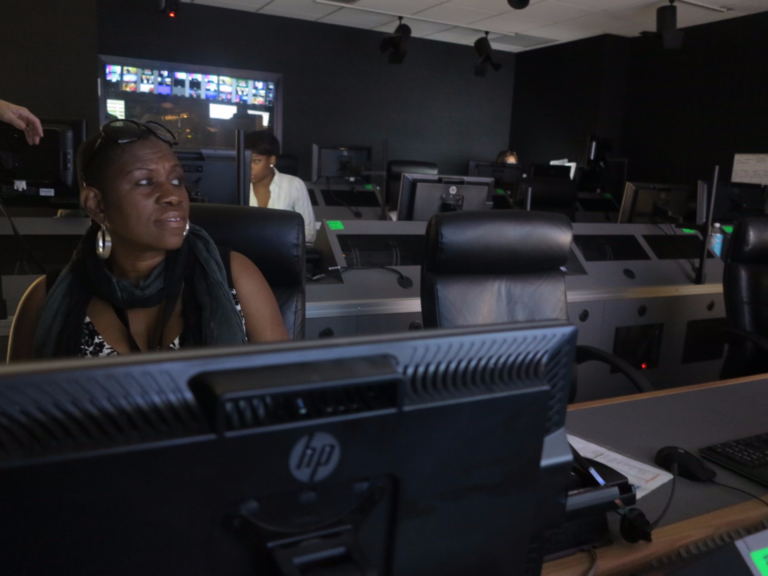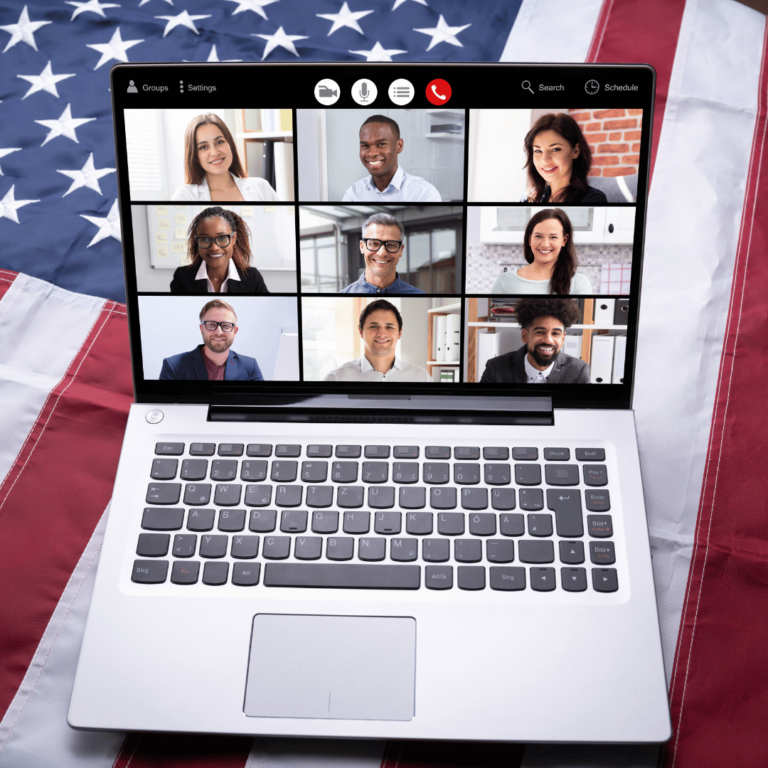Lessons From the Andy Byron ColdPlay “Kiss Cam” Scandal -Privacy in the Age of Video
We’ve all seen it—that moment caught on camera that spirals out of control.
This week, it was Andy Byron, then-CEO of tech firm Astronomer, and his company’s Head of HR, Kristin Cabot. The two were caught on the jumbotron at a Coldplay concert, appearing far too cozy considering they’re both married…to other people. As the image beamed across the stadium, and later across the world, Coldplay front man Chris Martin’s cheeky comment—“Either they’re having an affair or they’re very shy”—sent the internet into overdrive.
And just like that, a private moment became a public crisis. Within hours, the clip went viral. By the next morning, Byron and Cabot weren’t just trending—they were under formal investigation. By day three, Byron had resigned.
In our always-on, camera-everywhere world, this scandal is more than tabloid fodder—it’s a wake-up call for leaders and businesses alike.
The New Reality: You Are Always On the Record
Whether it’s a live stream, a fan cam, or a smartphone in the crowd, today’s video culture doesn’t wait for permission. It captures. It shares. And sometimes, it destroys.
For companies, the consequences of a single misstep—especially when caught on camera—can snowball fast. In this case:
- 22,000+ press hits in 24 hours.
- Viral fake apologies are circulating before a single real statement.
- A complete loss of narrative control.
- A CEO was ousted in 72 hours.
All because of one unguarded moment on camera.
What Went Wrong? Let’s Talk About the Communication Breakdown
When the video surfaced, Astronomer remained silent. No official statement, no holding pattern, no direction. That vacuum allowed misinformation to flourish. Fake statements posing as real PR began circulating—some even quoting Coldplay lyrics.
As media professionals, we know the rule: if you don’t speak, someone else will speak for you. In this case, that silence cost Astronomer dearly—not just in headlines, but in trust.
Lessons in Leadership and Live Video
This incident highlights a significant issue for business leaders in the digital age of video: your behavior, whether in the boardroom or the back row of a concert, can—and will—be broadcast.
But it also teaches us what to do differently:
Privacy Awareness in Public Spaces:
- Remind your team (and yourself): public events aren’t private. Signage at events, optional camera-free zones, and a shared understanding of visibility risks can make all the difference.
Crisis Communication Planning:
- Have a strategy in place. Prepare holding statements, designate a spokesperson, and acknowledge incidents quickly—even if the only message is, “We’re looking into it.”
Misinformation Monitoring:
- Don’t wait to go viral. Track keywords and mentions, and respond swiftly to false claims.
Executive Coaching on Public Conduct:
- Your executives are brand ambassadors—whether they like it or not. Media training should include behavior in high-visibility settings.
A Final Word on Taping Or Filming in Public
If your business records video content in public or semi-public spaces—whether for marketing, events, or behind-the-scenes content—take a moment to reflect on your taping policies. Are you protecting your brand and the people you feature?
Here are a few non-negotiables:
- Never film minors without explicit permission.
- Don’t assume public equals permission—especially on private property. To be safe, DO NOT shoot faces; instead, shoot below or behind the head.
- Use release forms for commercial footage.
- Edit ethically—don’t cut for drama at someone’s expense.
- Train your team on consent, discretion, and how to handle take-down requests.
Video is a powerful tool. It can build brands—but it can just as easily burn them. Let the Coldplay kiss cam be your reminder: in the age of live video, privacy is a shared responsibility, and crisis communication is not optional.









